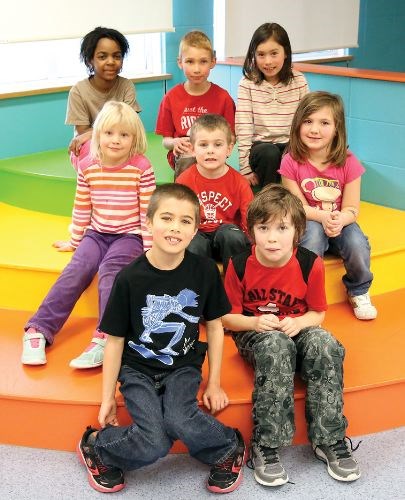There are 40 students from Ecole Franco-Nord who are being sponsored through the Eaglet Lake Farmers' Institute in their Young Farmers program.
The students, ranging from Grades 2 to 4, will visit two farms, Hope Farm Organics and Lone Oak Ranch, where they will be able to plant some vegetables in the springtime and then harvest them in the fall.
"This will help young people discover the farming profession," said Janie Roberge, Grade 3 teacher at Ecole Franco-Nord. "It's probably either pumpkins or potatoes that we'll plant but we'll decide that later on."
An invitation will be extended to an aboriginal elder to accompany the students on their trip to acknowledge that the farms are on Lheidli T'enneh territory, said Roberge.
The project will show students that even though Prince George is primarily a resource-based town, there are alternative ways to use the land to provide a livelihood, she added.
"We will also learn about the life cycle of plants," said Roberge. "We're hoping that this project will help us continue our projects at school like our garden. We're hoping to do these projects in the future to continue connecting the kids to the food that is grown in the area and they can grow here in our garden."
There are five garden boxes on school grounds and each year they grow different things.
"We'll probably have a gardening club that will meet during lunchtime and the children can plant whatever they choose," said Roberge. "That seems to work the best because some children are really interested in it so they just go and graze and those kids come and join because they have a natural inclination for this kind of thing."



